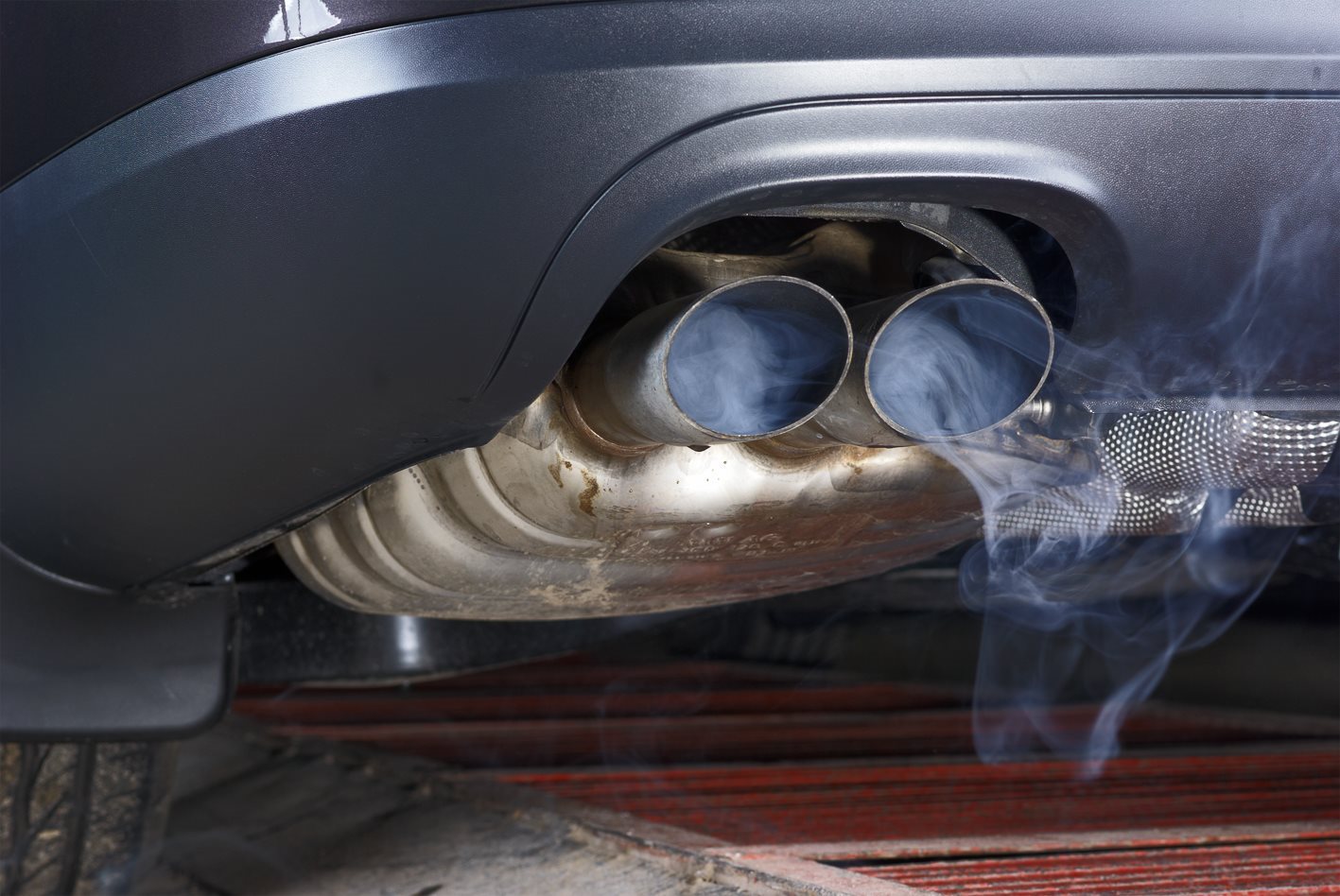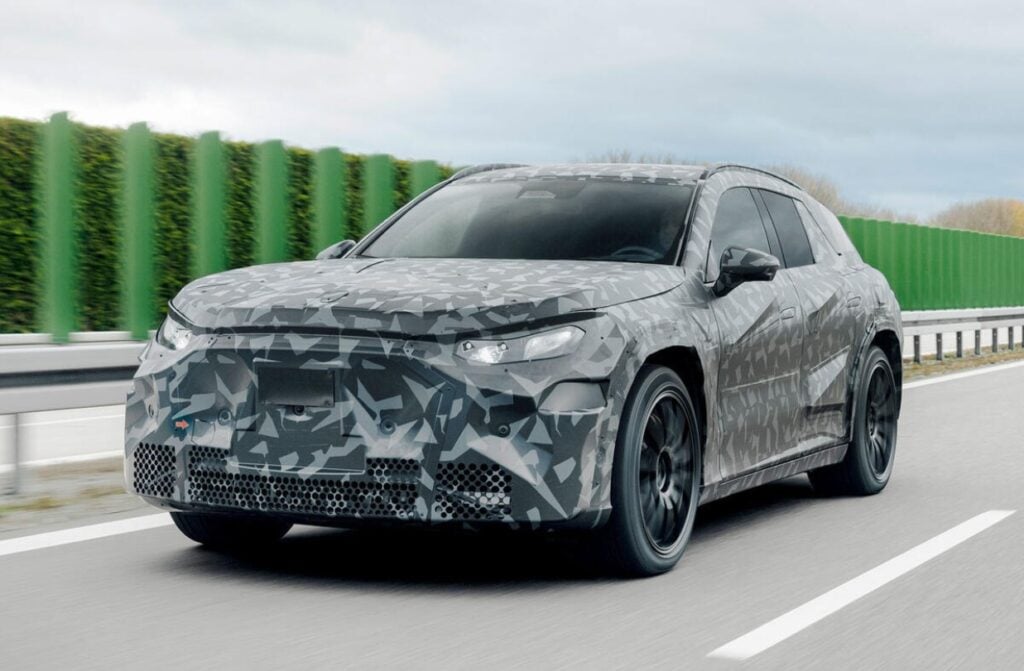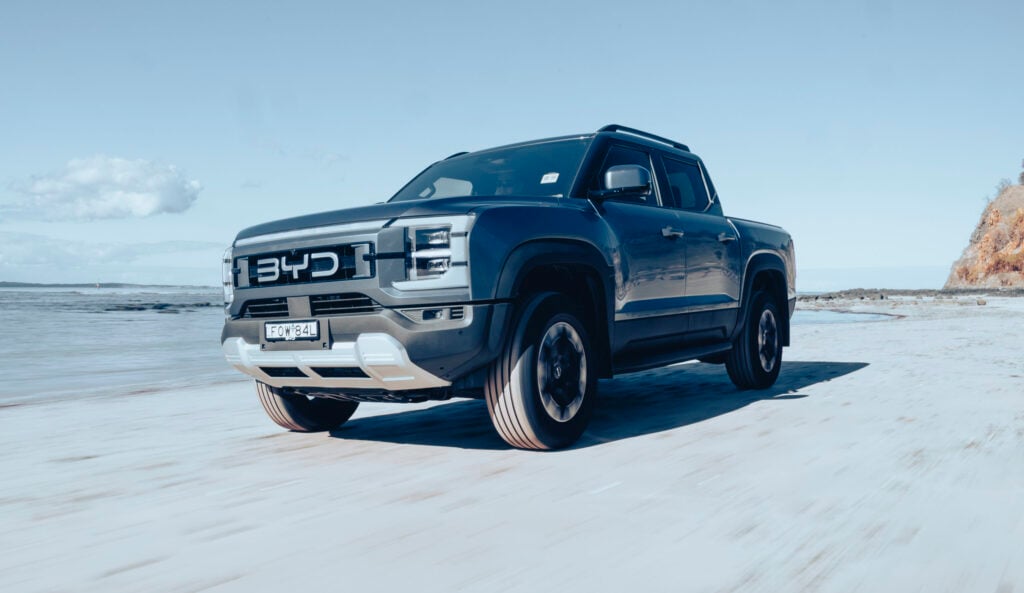Key Points
- Emissions would be cut by 43 per cent compared to 2005 levels
- First ever national EV strategy would be implemented
- Discounts would be offered and investments made in infrastructure
Labor claims it will commit to reducing carbon emissions by 43 per cent by 2030 and aims to get 3.8 million electric vehicles on the road by the same time if it wins the next federal election.
On top of this – the party says it will boost Australia’s charging network by investing in more than 100,000 facilities for businesses, 3.8 million for households and 1800 new, publicly accessible, fast chargers nationwide in order to reach 99 per cent of the population.
Opposition Leader Anthony Albanese made the statement in Canberra on Friday afternoon as part of Labor’s wider Powering Australia policy.
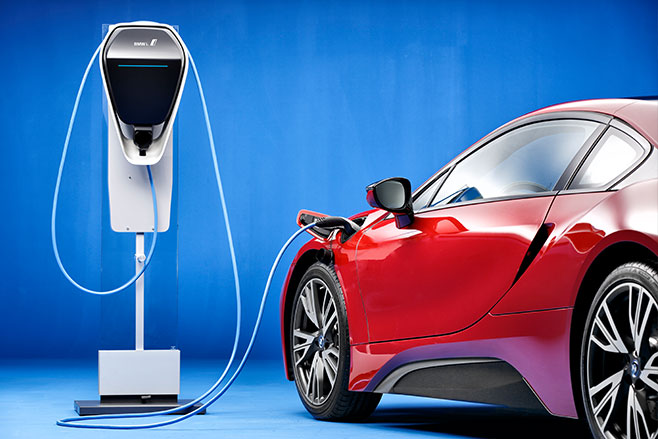
Among the details released by the Opposition are; plans to make electric vehicles cheaper by offering discounts and implementing Australia’s first national EV strategy, upgrading the electricity grid to fix energy transmission and drive down power prices, and establishing a real-world vehicle fuel testing program to inform consumer choice.
According to the policy outline document, there will be a $251 million investment to fund discounts for EVs and to remove “inefficient taxes from low-emission vehicles” – namely that they will be exempt from paying fringe benefits tax (FBT) if they fall below the luxury car tax threshold, and the five per cent import tariff will be removed where it is still paid.
Party boffins have calculated that taking such measures could reduce the sticker price of a Nissan Leaf by as much as $8700, a Hyundai Kona by $10,600 or a Tesla Model 3 by $12,000.
All relevant properties which the Commonwealth owns, or leases, would be fitted with appropriate charging infrastructure under the plans, and there will also be the implementation of an EV target for the Commonwealth fleet, the party said today.
Additionally Labor intends to improve electric vehicle charging infrastructure by requiring Commonwealth-funded road upgrades to incorporate facilities where appropriate, and to review the National Construction Code.
Labor’s 43 per cent target exceeds the coalition’s aim of a 30-35 per cent reduction based on 2005 levels by 2030, announced in October by Prime Minister Scott Morrison ahead of the COP26 climate summit, and is significantly greater than the official national goal of 26-28 per cent currently in place.
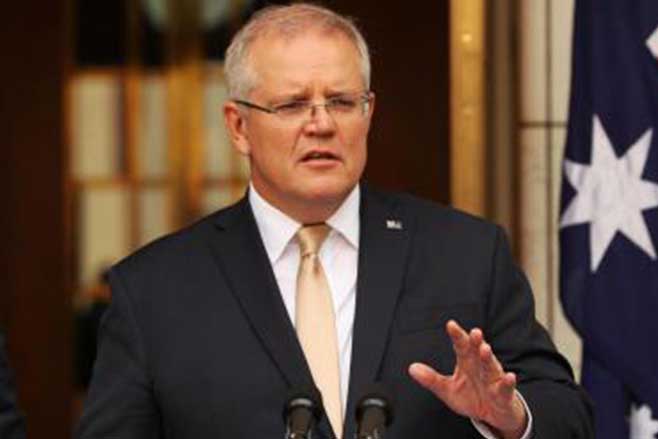
At the time, Morrison outlined the details of his Government’s net zero by 2050 plan – which did not include a specific commitment to phase out cars powered by fossil-fuels.
The Government’s plan also did not go as far as to commit to a dedicated automotive CO2 reduction goal and was panned by industry figures.
However, neither of these has been included in Labor’s plans either.
At the conclusion of the international conference, Australia signed an international request for countries to strengthen their 2030 emissions reduction goals by next year.
“Less than a month after the biggest climate conference in world history Australia has been asked to try again when it comes to climate policy, after being ranked last in the world,” Albanese told media today.
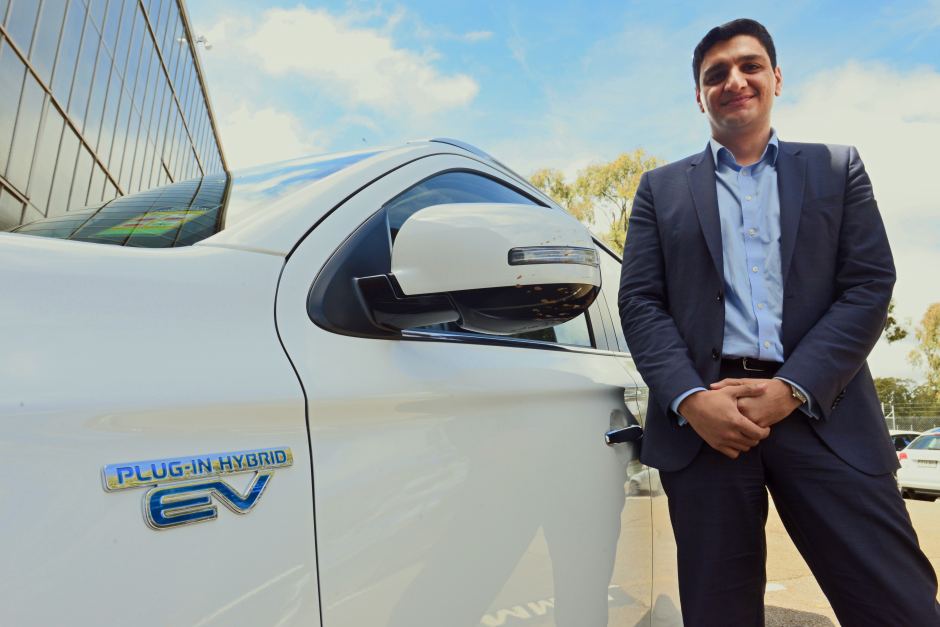
“The Morrison Government is unable and unwilling to rise to this challenge. Labor will, and as we do, we will create jobs, economic opportunities across Regional Australia and cheap power.”
The Electric Vehicle Council welcomed Labor’s announcement today, saying it was “taking solid steps towards realising the massive benefits electric vehicles present for Australia” and a “national EV strategy is well overdue”.
“It’s refreshing to hear a federal political party recognise the massive potential electric vehicles provide for Australia and start to outline a plan to realise those benefits,” said CEO Behyad Jafari on Twitter.
Industry body the Federal Chamber for Automotive Industries (FCAI) said today’s news was “a step forward in the policy discussion” but that a dedicated CO2 vehicle emissions standard “would send a stronger signal”.
“Australia is lagging the rest of the world when it comes to a long-term vision for the continued penetration of low emission vehicles,” said Chief Executive Tony Weber.
“The automotive sector has seen around the world that strong signals around targets, good infrastructure policy and incentives from national governments contribute to positive outcomes on low emission vehicle introduction.”

“Signals like this can encourage global car brands to increase the choice of low emission vehicles available in our market, which in turn increases the adoption of electrified vehicles available to customers. However, a CO2 vehicle emissions standard would send a stronger one.“The issue of emissions also remains critical for the issue, and we are keen to ensure future federal governments maintain a focus on improving fuel quality and a progression towards Euro 6 emissions standards.“We will be pleased to work alongside any government in its efforts to introduce positive policy directions for the increase of the best technology vehicles that are available to Australians.”
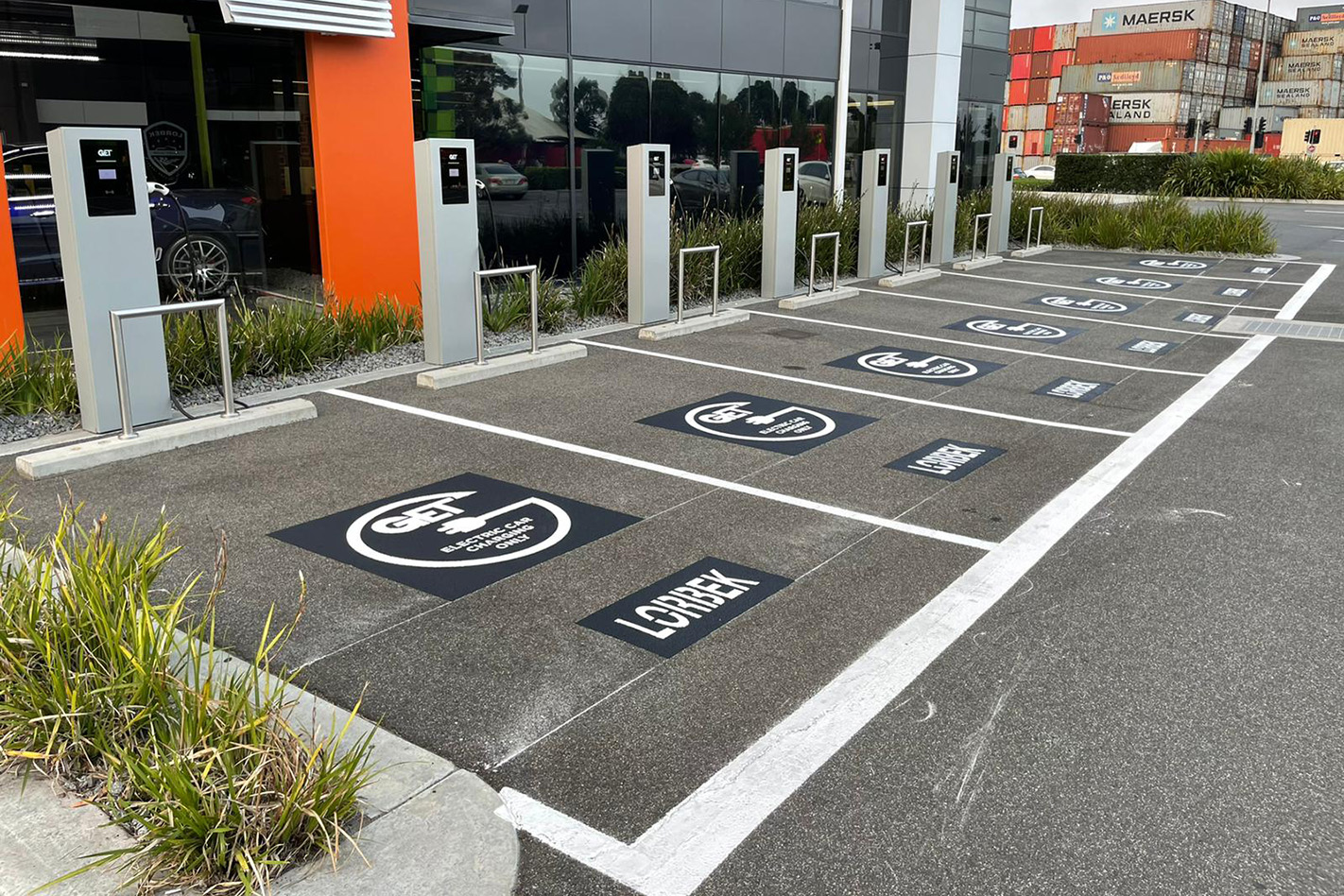
Rob Law, CEO for the Central Victorian Greenhouse Alliance, told Wheels he believes the ALP should be more ambitious with its approach.
“The ALP is trying to make itself a small target by adopting a small target. It might work as a political strategy – but it doesn’t work as a climate strategy.
“Even the Business Council of Australia has a higher target of 50 per cent, which recognises the economic opportunities Australia could realise from being more ambitious this decade.”
So far this year, 72,302 low emission vehicles have been registered in Australia, made up of fully-electric, hybrid, plug-in hybrid, and hydrogen cars.
We recommend
-
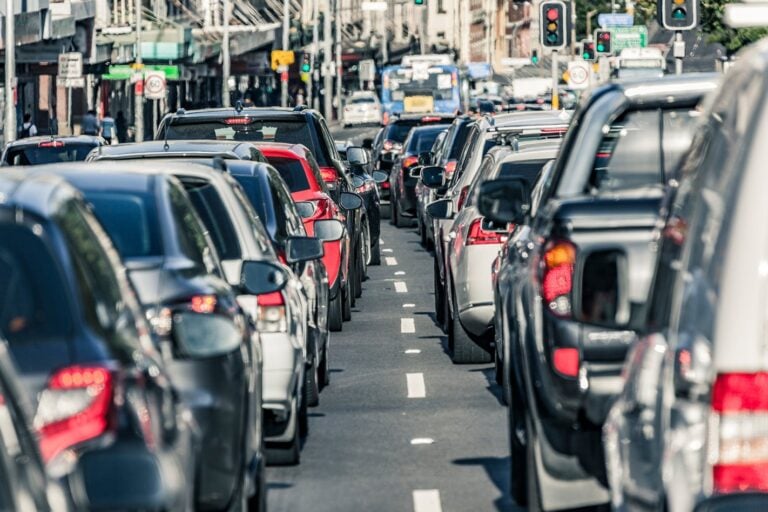 News
NewsNo ICE reduction target included in Australia's net zero 2050 plan
Prime Minister unveils climate plan, but auto industry goals are still missing
-
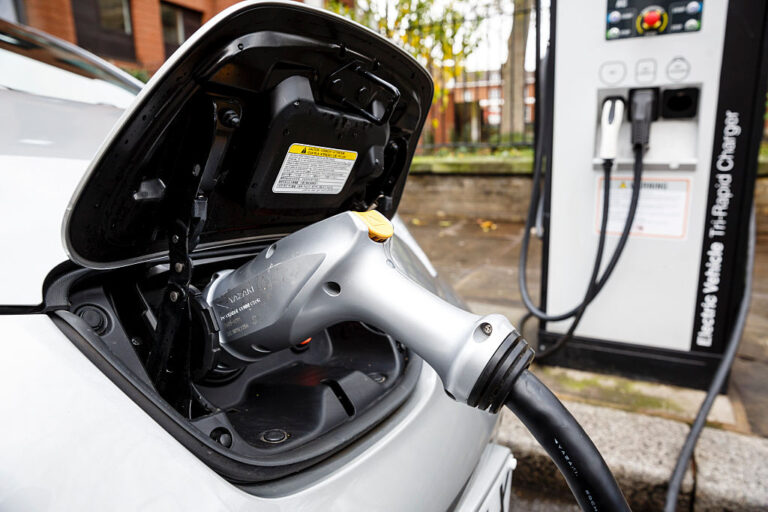 News
NewsUK strengthens transition to EVs with further £970m investment
The secondary investment into the industry and infrastructure comes on top of an existing £1 billion commitment
-
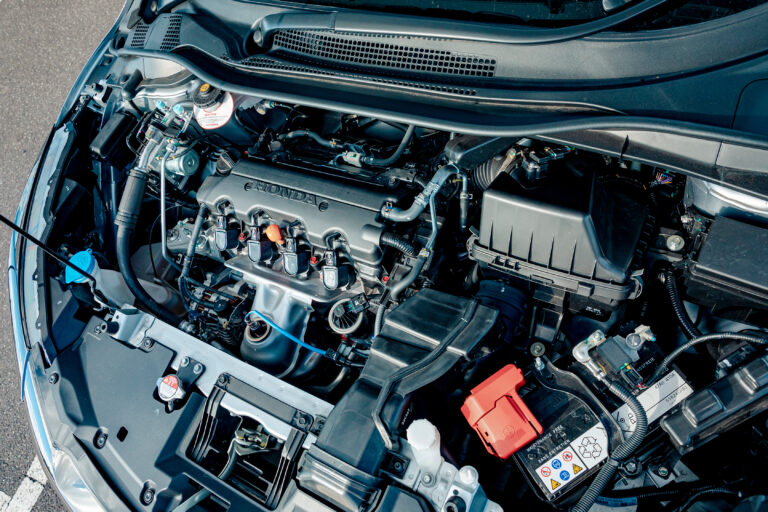 News
NewsAustralia needs to phase out ICE vehicles by 2035 to reach net zero by 2050 say experts
Grattan Institute report shows Australia needs to adopt EU ICE policy to reach net zero emissions goal by 2050


